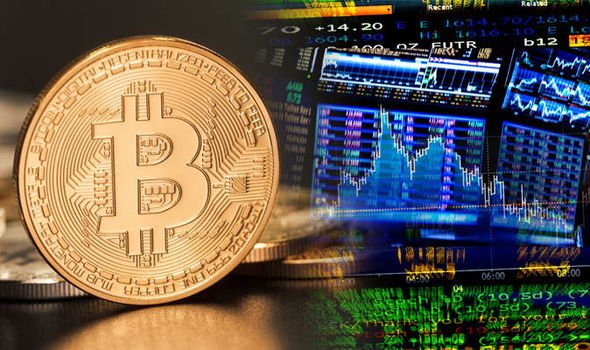What Bitcoin's History Says About Its Future

These are the show notes for the Unchained podcast, available on Google Play, iTunes, iHeartRadio, Stitcher or TuneIn Radio, and sponsored by OnRamp.
“I can just hear whatever glib comments I make here setting off the Twitter mobs,” begins the latest episode of the Unchained podcast with Nathaniel Popper, tech reporter for the New York Times. He is one of the longest-running reporters covering Bitcoin, and so a seasoned recipient of the kind of trolling such journalists covering this beat receive for almost anything they write.
But in this engaging episode, available online and on Google Play, iTunes, iHeartRadio, Stitcher or TuneIn Radio, the suffering of crypto media was just a side note before we dove into the meat of the podcast: the fallout of the attempted SegWit2x hard fork and how it fits in Bitcoin’s full history.
(If you’re not aware of the background behind the battle, check out this article.)
Popper is the author of the book “Digital Gold: Bitcoin and the Inside Story of the Misfits and Millionaires Trying to Reinvent Money,” which tracks Bitcoin’s early history. He said one way to frame the civil war in Bitcoin is as a battle between competing visions. One side sees Bitcoin as digital gold that may not necessarily be able to process many transactions per second but could build other technologies on top that support high-volume payments. The other believes Bitcoin could both process many transactions per second as well as be a store of value like gold. The winners of this round were the digital gold folks, called, for technical reasons, small blockers.

But Popper said that their victory meant this was the main question facing Bitcoin going forward: “The small blockers who won this said this will be something like digital gold we’ll build other layers on top of, and the question is going to be, can they build those things on top of Bitcoin faster than other coins start getting adopted for these payment channels and things like that?”
We also discussed why so many of the characters in his book, which tracks Bitcoin from its inception in the fall of 2008 with the release of the white paper to March 2014, ended up on the big block, or losing side of this debate. He said it may be due to the fact that “The first thing [the Bitcoin white paper] talks about is electronic cash, being able to do transactions outside government oversight. That was there very firmly, and I think probably many of the early folks I was writing about, that’s what drew them in. It was the fun of this thing to send around. And there’s no question it’s become harder to simply send Bitcoins around. It’s become more expensive, transactions get delayed.” He said perhaps the inability for SegWit2x to get support indicates that "the ideas about what Bitcoin could be and what it is are evolving. Early on, it seemed that it could be everything — that it could be digital gold and PayPal -- and it’s become clear over time that it can’t be everything."
In his view, what makes this chapter of Bitcoin so interesting is that, “At a lot of previous points, the new corporate folks who wanted to be more practical won. One of the most fascinating things about this SegWit2x thing is that the practical business interests did not win. So, as it scaled to its largest size ever, the grassroots idealism won out over that ‘we need to be practical and expand this thing,’ so that’s kind of a reversal — at the point where it’s grown the most and the most people are owning it and having the most contact with it.”
We also discuss how China and Japan have influenced Bitcoin’s recent history. Popper said of how Japan named Bitcoin an official currency and licensed 11 exchanges: “That is another one of these funny ironies about Bitcoin’s history. Here, the currency that was supposed to be about evading the government gained its support -- gained its traction -- because of the government, because of government support for it. That’s why it’s taken off in Japan. … The degree to which governments determine its fate is fascinating to see.”
In this wide-ranging and thought-provoking episode, available on Google Play, iTunes, iHeartRadio, Stitcher or TuneIn Radio and on the web, we also cover how United States regulators have so far approached Bitcoin and tokens generally, as well as what role they might play going forward; how, if someone wanted to move the price of Bitcoin, they could (which may have played a role this weekend); and what is lacking when it comes to initial coin offerings.
Popper also made his case for who he thinks Satoshi Nakamotow is and posed a question about just which businesses are actually making money in crypto. Tune in to find out the answers.
"Follow me for more latest update about cryptocurrency"
This is plagiarized content from forbes and you have been spamming comments to at least one post I've seen. Create original content or attribute the sources of your content, and stop spamming posts with the same link over and over. Unfortunately this behavior is egregious . That's why I am also flagging this post. That being said the blatant plagiarism without attribution is more than enough to justify the flag.